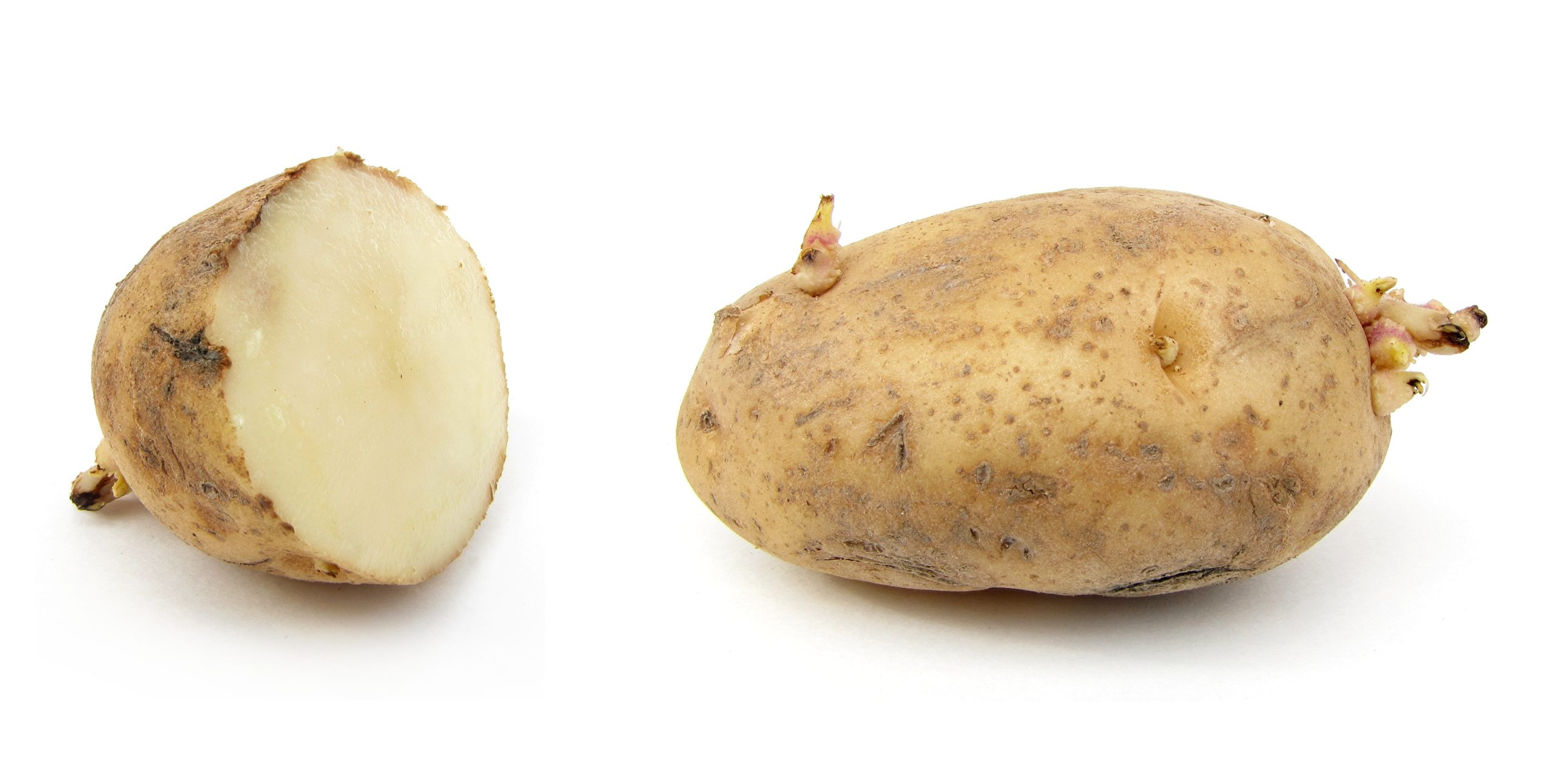
11 Mar Agronomy Update – March 11th
Thanks to those that participated in our two Seed Management Workshops this week (one in Emerald, one online yesterday). For those that missed it, a video of the online workshop has now been posted to YouTube and the slide deck from the presentation is posted on our Agronomy Website.
Links: Seed Management Workshop Video (YouTube) | Presentation (PDF)
Additionally, I’m looking for feedback on our winter workshop series. I’ve created a short SurveyMonkey survey that takes just a couple minutes to complete (link below). Please complete it to anonymously provide feedback on our workshops as well as indicate subjects that you would like to see us focus on in workshops or research projects in the future.
https://www.surveymonkey.com/r/AIMworkshops2021
Upcoming AIM Webinars:
March 19th at 1 pm: Soil Electroconductivity Research with Dr. Aitazaz Farooque, UPEI
March 25th at 11 am: Effect of Crop Diversity on Yield and Soil Health with Dr. Aaron Mills, AAFC
These will be short (30 min) webinars providing growers and industry partners with updates on some research with local collaborators. Pre-registration not required. Contact me for Zoom links.
Looking Ahead to 2021 Research:
Morgan and I are finishing up 2020 research reports and starting to look ahead to the 2021 field season, and in particular, our upcoming field trials.
Our Working Groups will be meeting in the next couple of weeks to finalize our research plans for 2021; however, there are a few projects in particular that we have a good idea of what we’re going to be setting up this year. For some of these projects, we are still looking for participating growers. They include:
Living Labs – Full Season Soil Building Crops:
- For growers in EPAA, Kensington North or Souris Watersheds
- Evaluating one or more full-season soil-building crops versus a check crop (red clover or ryegrass). Potatoes in 2022.
- Per acre payment to help cover seed/management costs.
- Additional funding available if interested in planting flowering species (pollinator friendly)
Biofumigation: Caliente mustard
- Looking for growers interested in comparing Caliente Rojo mustard/arugula mix with Centennial mustard, sorghum sudangrass, and check (ryegrass). Potatoes in 2022.
- Caliente Rojo seed supplied (up to 10 acres). Also a small payment to help cover management costs
- Mustard to be established in May, incorporated in late June/early July, followed by cover crop.
Seed Piece Size:
- Looking for growers interested in comparing performance (on field scale) of different seed piece sizes or segregated seed sizes (small whole planted separately from large whole or cut) versus grower standard practice.
Subsoiling Ahead of the Planter:
- Looking for growers interested in comparing subsoiling done directly ahead of the potato planter using GPS. Subsoiler shanks should be spaced at same width as rows (34 or 36 inch).
- Morgan and I will visit suggested fields in advance of tillage to do compaction testing.
- Have a couple of fields lined up already, looking for 1 or 2 more.
Velum Prime:
- Looking for growers interested in comparing the use of Velum Prime in-furrow versus Velum Prime plus early application of Luna Tranquility at row closure, versus check.
If interested in doing any of these trials, please give me a call or send me an email and I’d be happy to chat with you about these projects.
Soil Compaction – Penetrometer:
I recently purchased a second soil penetrometer to make available to growers if they would like to borrow one to do compaction testing on their fields. Let me know if you’d like to borrow it and we’ll put you on the list for the spring. Penetrometer readings should be taken when soil is at field capacity for moisture…ideally around planting time in May. It’s simple to use and can be helpful in identifying compaction layers and the overall compaction of your soil.
Operation Pollinator:
Linked are some details on a new program being offered through the PEI Potato Board this year in partnership with Syngenta Canada. It’s called Operation Pollinator, where farmers can apply to grow up to 2 acres of 6 species forage mix friendly to pollinator species on small parcels of land (wet spots, around the barns, grassed waterways, etc).
The Board will be accepting applications from up to 25 farms to participate this year. Participating farms will have the seed supplied as well as a $200/acre payment to assist with establishment/maintenance of the pollinator refuge. Participating farms will then have a site visit in the summer to document the establishment of the pollinator refuge, and we will present you with a small Operation Pollinator sign.
If interested in this program, contact me ASAP with the anticipated size of your pollinator refuge site (up to 2 acres total). First come, first served. Seed will be delivered in April.
Have a great rest of the week!
Ryan
